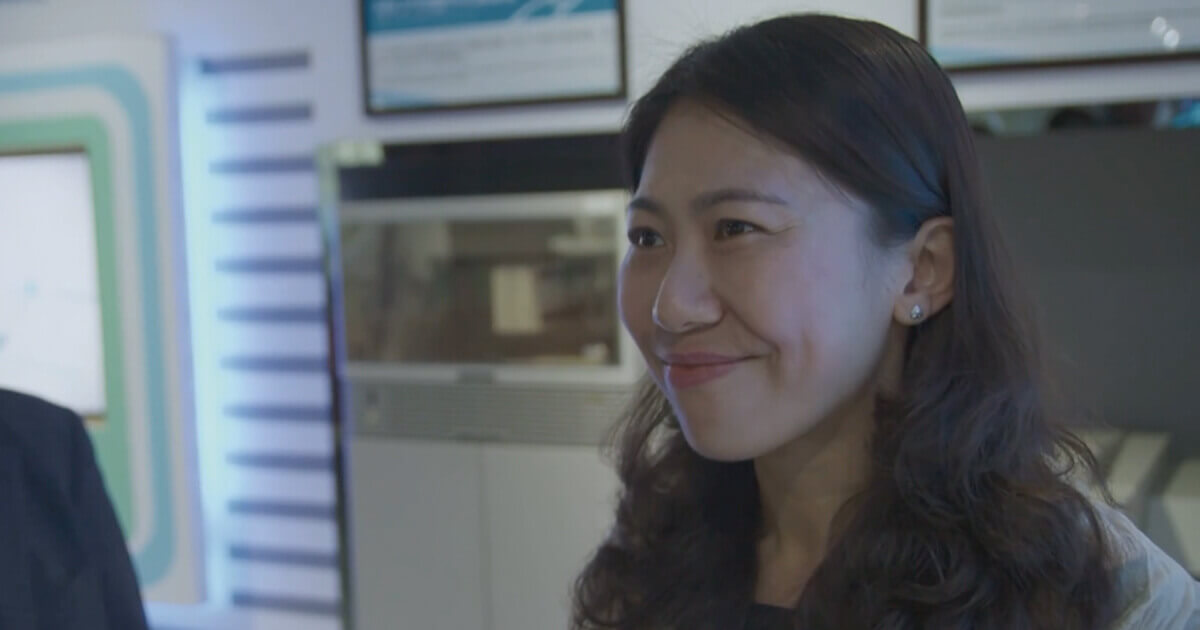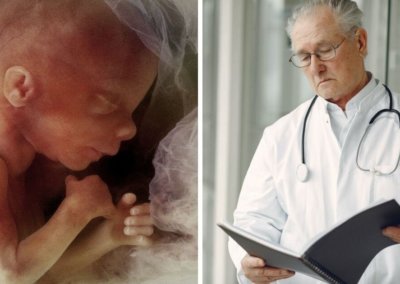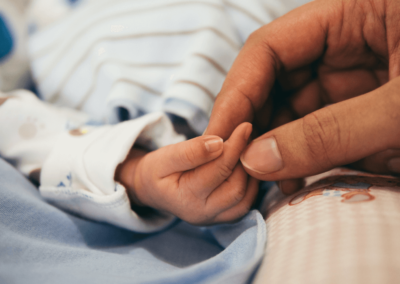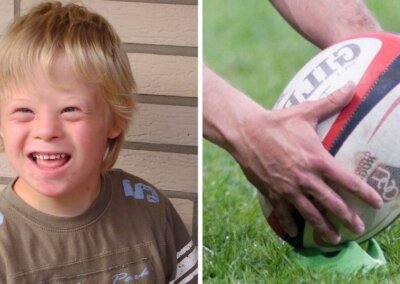A Chinese biotech firm has declared “screening out” babies with Down’s syndrome is a “cash cow” funding the growth of the whole business.
The admission comes from a spokesperson for BGI Group – a Chinese genetics conglomerate whose main business is offering non-invasive prenatal tests, primarily used to diagnose Down’s syndrome.
In a segment from an Aljazeera documentary titled Genesis 2.0, the spokesperson gestures towards a digital map of the world and says: “You can see clearly, especially for Down’s syndrome, we have nearly two million samples all over the world. This part is, what we call, BGI’s cash cow, making money to support the growth of the whole group.”
Dismissing a query over potential ethical concerns, she coldly adds: “…with the use of our technology, we could avoid the birth of birth defect, like a Down’s syndrome birth, a Down’s syndrome child, we can screen them out, we can avoid the birth of them.”
Responding to the video, parents of those with Down’s syndrome expressed shock and anger at the comments.
One such mother commented: “She says ‘defect’, I say ‘difference’. That’s all it comes down to. And she had no answer to his questions about ethical implications.”
Another mother tweeted: “Well, we knew this inside, people try to cover it in CHOICE. But really, no. It’s profiting from discrimination. I actually feel sick.”
This isn’t the first time BGI group or it’s co-founder and Chairman, Wang Jian, has courted controversy.
In 2018, the businessman caught the media’s attention for saying in an interview it would be a “disgrace” for any of BGI Group’s 7,000 employees to have a child with a birth ‘defect’.
Wang said: “It would mean that we are fooling society and just eyeing others’ pockets.” He added that there are no known serious congenital diseases among the 1,400 infants that have been born to the company’s employees.
Wang doesn’t just want to eliminate children with Down’s syndrome and other disabilities, he also wants to promote a eugenicist mindset across the whole of China and prevent those with “a worrisome combination of genes” from having babies.
In the same interview, he said: “China has 85 million disabled [people], and 70 to 80% of these disabilities are from birth defects.
“We can really prevent this. We can do pre-marriage testing – to flag relationships in which partners carry a worrisome combination of genes – and prepregnant, prenatal.”
BGI Group’s core fertility business, BGI Genomics, generated more than half of the company’s revenue according to the company’s annual report.
The company claims it had processed over 4 million non-invasive prenatal tests globally by the end of 2018.
In its annual report, BGI group said “[translation] various product lines have been established in various fields of birth defect prevention” and expressed a desire to “expand” to prenatally diagnose for deafness and other genetic abnormalities.
Figures published last year found the number of babies born with Down’s syndrome has dropped by 30% in NHS hospitals that have introduced new non-invasive prenatal tests.
The release of the figures came shortly after the release of a report revealing that pregnant mothers who refuse to abort their children with Down’s syndrome are being pressured by some medical professionals to change their decision.
Currently, 90% of babies with Down’s syndrome identified in the womb are aborted in England, Wales and Scotland.
A spokesperson for Right To Life UK, Catherine Robinson said:
“Our current law allows babies with Down’s syndrome to be aborted right through to birth. Already 90% of babies diagnosed in the womb with Down’s syndrome are aborted in Great Britain.
“The Government has previously admitted that no assessment was made of the impact the roll-out of non-invasive prenatal tests will have on the lives of people with Down’s syndrome. In an answer to a parliamentary question the Department of Health confirmed that ‘…no assessment was made of the impact of NIPT on the number of abortions, Down’s syndrome community and medical professional and society’s attitudes towards people with Down’s syndrome.’
“Now there is clear evidence the tests are leading to more babies with Down’s syndrome being aborted it’s time that the Government pulled the rollout, and stopped being a ‘cash cow’ for companies like BGI.”
“Our culture’s narrative of celebrating diversity and championing inclusion amount to nothing but empty words when as a society we develop and promote tests whose foreseeable consequence is the elimination of people with certain types of diversity.
“The fact that the birth rate of babies with Down syndrome has already fallen by 30% in hospitals where the test has been rolled out is scandalous and confirms campaigners’ fears.”












